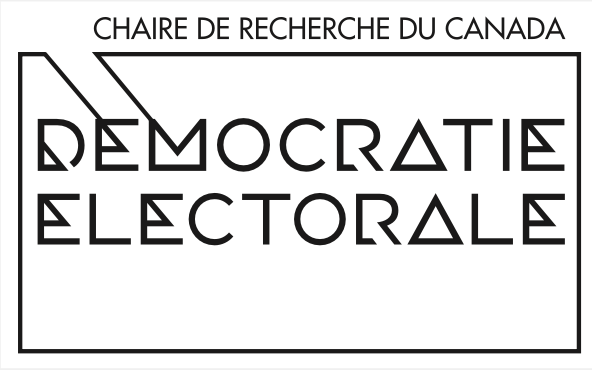Electoral Chairs’ Seminars – November 16th
16 November 2022 • 12:00 16 November 2022 • 13:00
C-4145
Keep your Enemies Closer: Strategic Candidate Adjustments in U.S. and French Elections
Caroline Le Pennec-Caldichoury – HEC, Montréal; Rafael Di Tella, Randy Kotti et Vincent Pons
A key tenet of representative democracy is that politicians should adjust their discourse and policies to the voters who elect them. The Median Voter Theorem (MVT) predicts that, if candidates are fully strategic, they will adjust to their opponent’s platform until converging to the median voter. Despite its importance in political economy, we lack direct rigorous tests of the convergence mechanism underlying the MVT. In this paper, we provide direct evidence that candidates adjust their discourse to their competitors, and that they converge to each other both in ideological tone and rhetorical complexity. We collect the content of more than 8,000 candidate websites before a primary or a general election for the U.S. House of Representatives between 2002 and 2016 as well as more than 56,000 campaign manifestos issued by candidates running in the first or second round of the French parliamentary elections between 1958 and 2022. We first show that, as their electorate broadens, candidates running in both election stages tend to converge to the center of the ideology or the complexity scale in the second stage. Second, we exploit cases in which the identity of candidates qualified for the second round is quasi-random, by focusing on elections in which candidates narrowly won their primary (in the U.S.) or narrowly qualified for the runoff (in France). Using a regression discontinuity design, we find that second-round candidates converge to the platform of their actual opponent, as compared to the platform of the runner-up who did not qualify for the last round. Third, consistent with the prediction that candidates adjust their discourse when the opposing candidate is a real threat and when one is not already in the center, we find that candidates converge less, both in ideology and complexity, when facing an opponent who is ideologically extreme as opposed to a more moderate opponent, and that they converge more when they are themselves extreme. Our findings have broad implications for our understanding of electoral competition and suggest that, even though politicians do not fully converge to the median voter, the convergence mechanism underlying this prediction is real.

This content has been updated on 4 November 2022 at 14 h 32 min.